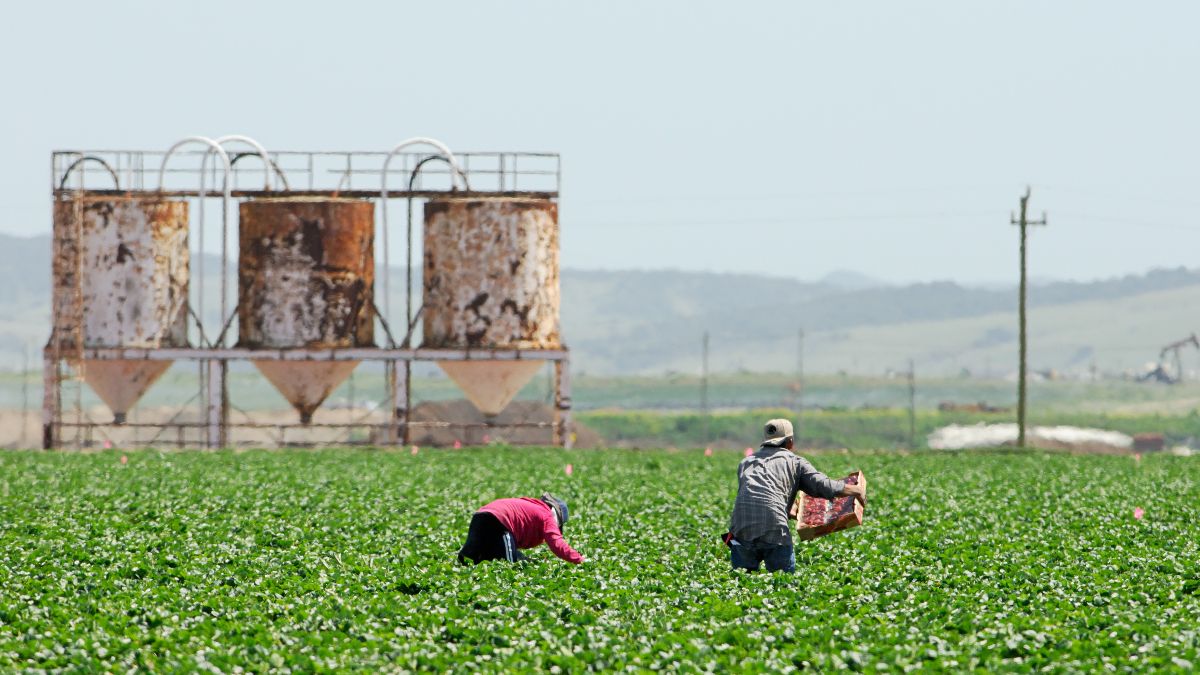Related

Report
/ Apr 17,2024
Understanding What Works
in Labor Trafficking Cases in the United States
by
Meredith Dank

Report
/ Jan 29,2024

Vulnerability to human trafficking is exacerbated by poverty, familial violence and abuse, homelessness, un- and under-employment, and migration. Many of these established vulnerabilities to human trafficking are also common vulnerabilities experienced by lesbian, gay, bisexual, transgender, queer and other (LGBTQ+) populations worldwide. Further, LGBTQ+ individuals face additional risks due to community and workplace stigma. These circumstances result in disproportionate barriers to formal employment, particularly in stable jobs that pay a living wage and are insulated from economic shocks. Yet anti-trafficking efforts frequently overlook LGBTQ+ people’s particular needs. LGBTQ+ people frequently rely on insecure, informal, and gig economies for their livelihoods, making them susceptible to trafficking. Yet informal work opportunities also have positives. Individuals may maintain control of their work circumstances in ways they cannot if they work in formal settings. LGBTQ+ people report being able to choose contracts and clients or move on quickly when encountering unsafe situations. It should be noted that controlling our circumstances is a key tenet of trauma-informed support. Anti-trafficking interventions frequently seek transformational change with “rescue and rebuilding” underpinning programming. The authors propose an alternative model built around i) diversifying livelihood choices, ii) fostering psychological safety and iii) addressing the individual-level impacts of systemic stigma and discrimination.
Please fill out the information below to receive our e-newsletter(s).
*Indicates required.